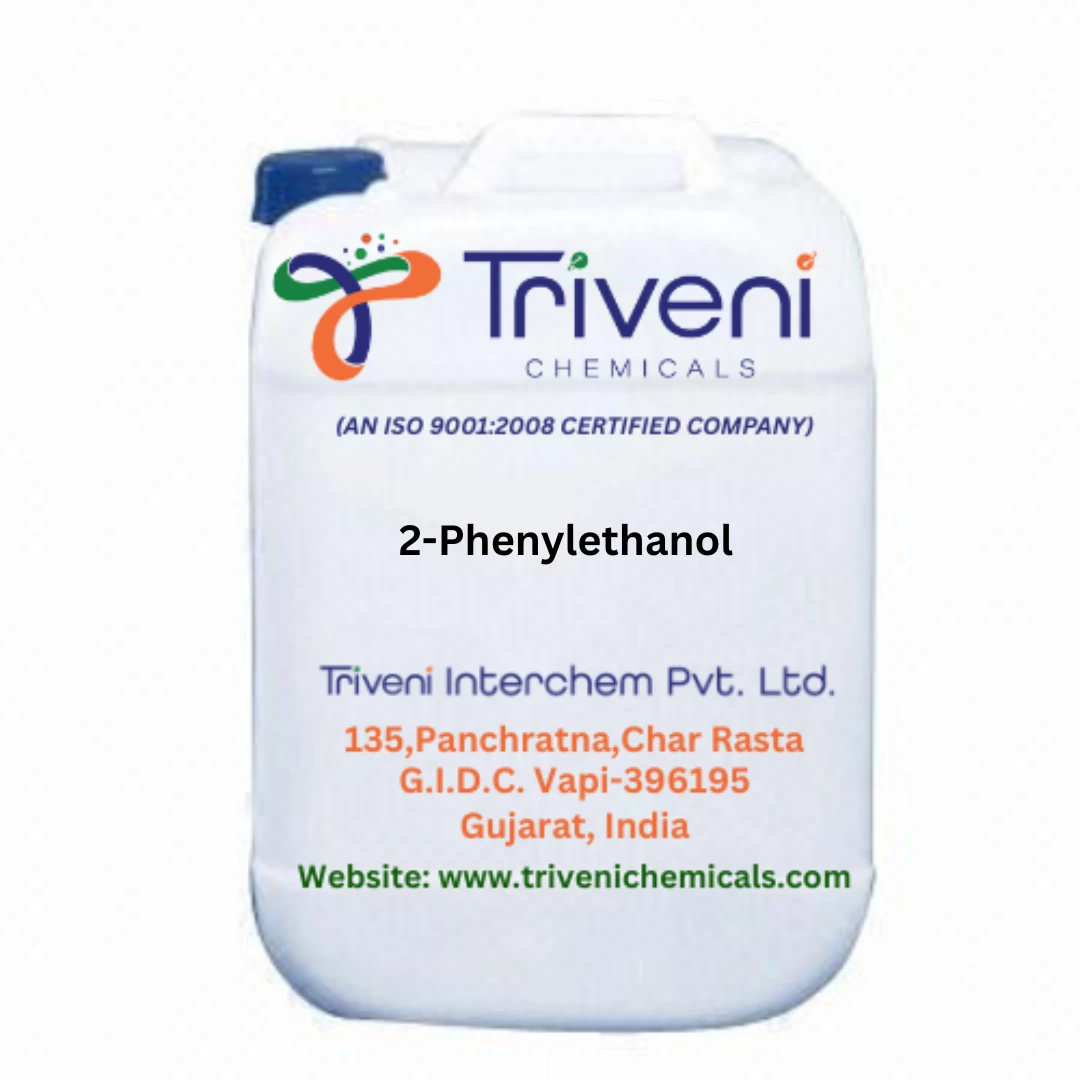Enhancing human well-being through substances that interact with our senses is the common goal shared by the diverse but connected domains of pharmaceutics and fragrance. Perfumery concentrates on making scents for enjoyment and aesthetic appeal, while pharmaceutics develops drugs for health benefits. Both rely greatly on careful formulation and chemistry,..
Enhancing human well-being through substances that interact with our senses is the common goal shared by the diverse but connected domains of pharmaceutics and fragrance. Perfumery concentrates on making scents for enjoyment and aesthetic appeal, while pharmaceutics develops drugs for health benefits. Both rely greatly on careful formulation and chemistry, despite their variances. The goal of pharmaceutics is to provide stable, safe, and effective medications. This entails being aware of the characteristics of different substances and how they interact with the body. To ensure that drugs reach their target effectively and with the fewest possible side effects, pharmaceutics experts put in endless effort to design innovative drug delivery methods. Pharmaceutics includes an extensive range of dosage forms that are customized to match the needs of patients, from tablets and capsules to injections and transdermal patches. The achievement of optimal bioavailability, or the quantity of a medication that enters the bloodstream and has the intended effect, is one of the major issues in pharmaceutics. To increase bioavailability, formulation experts use a variety of strategies, including liposomal encapsulation and nanoparticle technology. To guarantee that pharmaceuticals are effective, they also investigate aspects such as solubility and dissolving rates. Perfumery, on the other hand, is a centuries-old art form with a rich cultural and traditional heritage. Aromatic compounds are carefully chosen and blended by perfumers to generate distinctive scents that trigger feelings and memories. These substances can be synthesized in a lab or obtained naturally from materials like fruits, flowers, and spices.The strength of a fragrance is determined by the concentration of aromatic chemicals in the perfume industry. The makeup of colognes, eau de parfums, and perfumes differs, with perfumes having the maximum amount of fragrant oils. The pyramid of fragrances, comprising top, middle, and base notes that develop harmoniously over time to create a pleasing aroma, is another factor that perfumers take into account. Perfumery also relies heavily on chemistry, since molecules combine to create distinct scents. To extract essential oils from botanicals, perfumers frequently employ methods like solvent extraction or steam distillation. Subsequently, these oils are combined with additional components to provide sophisticated and seductive scents. In conclusion, perfumery delights our senses with beautiful scents, whereas pharmaceutics concentrates on treating and preserving health with drugs. These disciplines highlight the value of careful formulation and chemistry in producing goods that improve our lives in various ways. These fields never stop innovating and inspiring, whether it's creating a perfume that captivates or a drug that could save lives.


